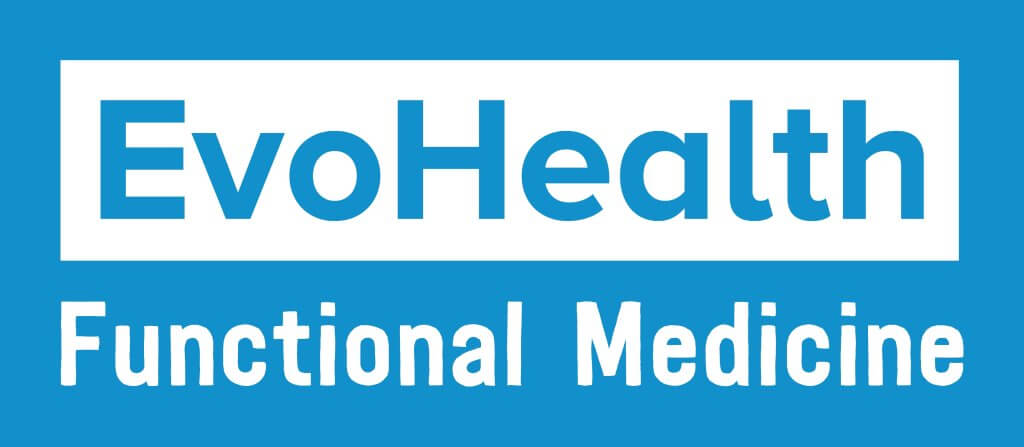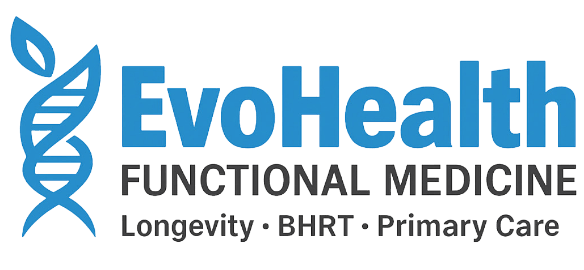
Blueberries: The Brain’s Superfruit
Blueberries are one of the most well-studied brain-boosting foods. Rich in anthocyanins, these flavonoids cross the blood-brain barrier and enhance neuronal signaling in brain centers critical for memory. Clinical studies show that regular blueberry consumption improves delayed memory, executive function, and even increases regional brain activation on MRI. Anthocyanins also reduce oxidative stress and modulate neuroinflammation—both key contributors to cognitive aging.
Key Clinical Benefits:
-
Enhanced memory and cognitive speed
-
Reduced neuroinflammation
-
Improved vascular blood flow to brain tissue
Coffee and Tea: Neuroprotective Polyphenols and Caffeine
Caffeine, found in coffee and tea, exerts more than just stimulating effects. It enhances the brain’s adenosine receptor modulation, promoting wakefulness and improved reaction time. Additionally, coffee and tea are rich in polyphenols like chlorogenic acid and catechins, which provide antioxidant and anti-inflammatory effects. Longitudinal studies show moderate coffee and green tea intake is associated with lower rates of Alzheimer’s disease and Parkinson’s disease.
Key Clinical Benefits:
-
Improved attention, vigilance, and processing speed
-
Protection against neurodegenerative diseases
-
Reduced brain oxidative stress through polyphenol intake
Fatty Fish: Omega-3s and Neurogenesis
Fatty fish such as wild-caught salmon, sardines, and mackerel are among the richest dietary sources of EPA and DHA, two long-chain omega-3 fatty acids critical for brain function. DHA is a primary structural component of neuronal membranes, promoting membrane fluidity, synaptic plasticity, and anti-inflammatory pathways. Meta-analyses demonstrate that higher DHA intake correlates with better memory performance and reduced brain atrophy rates.
Key Clinical Benefits:
-
Support of synaptic function and plasticity
-
Reduction in neuroinflammatory markers (e.g., TNF-alpha, IL-6)
-
Preservation of hippocampal volume with aging
Dark Chocolate: Flavanols and Brain-Derived Neurotrophic Factor (BDNF)
High-quality dark chocolate (minimum 70% cacao) contains flavanols that directly stimulate the production of BDNF, a key neurotrophin involved in memory consolidation, learning, and overall brain plasticity. Randomized controlled trials have shown that acute dark chocolate intake improves cerebral blood flow, cognitive performance, and subjective mood ratings.
Key Clinical Benefits:
-
Increased production of BDNF
-
Enhanced learning and memory performance
-
Acute improvements in cerebral perfusion
Additional Brain-Boosting Foods to Include
Beyond the “core four,” many other foods contribute significant brain health benefits:
-
Avocados: High in monounsaturated fats, promoting healthy cerebral blood flow.
-
Turmeric (Curcumin): Increases BDNF levels and reduces beta-amyloid plaques.
-
Broccoli and Cruciferous Vegetables: Rich in sulforaphane, which enhances the brain’s antioxidant defenses (e.g., Nrf2 pathway activation).
-
Pumpkin Seeds: Concentrated sources of zinc, magnesium, and iron, all critical for neurotransmitter function.
-
Walnuts: High in ALA (plant-based omega-3) and polyphenols; associated with improved cognitive function in epidemiological studies.
-
Eggs: Rich in choline, a precursor for acetylcholine, essential for memory and learning.

The EvoHealth Functional Medicine Approach to Brain Health
At EvoHealth Functional Medicine, we go beyond generalized recommendations. Using advanced testing—including micronutrient panels, inflammatory markers, and omega-3 index assessments—we build customized brain health protocols based on your unique biochemistry. Combining clinical nutrition, targeted supplementation, and lifestyle optimization, we help patients enhance cognitive performance and protect against future decline.
Ready to unlock your full cognitive potential?
Contact EvoHealth Functional Medicine in Overland Park today to schedule a personalized brain health consultation.
